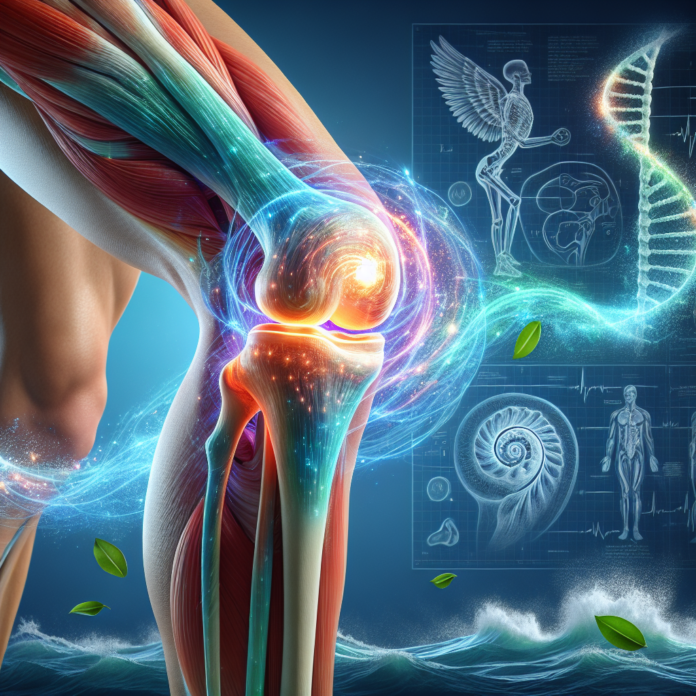The meniscus, often referred to as the knee’s shock absorber, plays a crucial role in stabilizing and cushioning our knees. However, when it tears, the path to recovery is not always straightforward. Typically, these tears do not heal on their own, primarily due to the meniscus’s limited blood supply. This often necessitates surgical intervention, particularly in younger individuals.
The Potential of Peptides
In recent years, peptides like BPC 157 have been a topic of discussion as potential alternatives to surgery. Peptides are short chains of amino acids naturally produced in our bodies, and BPC 157, derived from the gastric lining, has been noted for its regenerative possibilities. But the question remains: can these peptides truly aid in healing a meniscus tear?
Efficacy and Skepticism
Although considered experimental by the FDA, some practitioners use synthetic versions of BPC 157, sourced from approved compounding pharmacies. However, for a patient considering self-administration or even when administered by a physician, there is skepticism surrounding their efficacy in reaching the intraarticular space of the knee to impact the meniscus directly.
The medical community has yet to produce extensive studies showcasing the regenerative properties of BPC 157 specific to meniscus tears. While there is potential for BPC 157 to act as a pain reliever, it is unlikely to provide significant healing benefits for meniscus injuries.
Exploring Non-Surgical Options
Without solid evidence from human studies, patients should approach peptides with caution.
For those with orthopedic injuries, many options exist beyond peptides and surgery. Treatments like exosomes, stem cells, and platelet-rich plasma (PRP) are among the regenerative methods discussed within the medical community. Although these alternatives also require more research, they may offer different avenues for those seeking non-surgical treatments.
Ultimately, addressing meniscus tears requires an informed decision-making process. Patients should consider all available options while consulting with healthcare professionals. Whether through traditional treatments or emerging therapies, the journey to healing is personal and varies from case to case.
Conclusion
Engaging in open discussions with your healthcare provider about your injury, treatment goals, and potential outcomes can better inform your path to recovery.
In the digital age, platforms like YouTube offer patients the chance to share experiences and seek advice, but these should never replace professional medical consultations. If you are exploring non-surgical options for a meniscus tear, contacting a specialist may provide the clarity and guidance needed for your specific situation.
Throughout this journey, maintaining open communication with your healthcare provider and considering all available options can better equip you for the path to recovery. While peptides like BPC 157 remain a topic of inquiry and interest, they are not yet a proven solution for meniscus healing.
It’s crucial to weigh both the potential benefits and limitations of any treatment. If you have any questions or experiences with meniscus injuries, sharing them with a community can offer support, but personalized medical advice should always be sought from a certified professional.
In conclusion, peptides like BPC 157, though promising in some areas of research, currently lack substantial evidence to support their use as a definitive solution for meniscus tears. As medical research advances, this area may develop with more clarity, but for now, patients should tread carefully, seeking advice from experienced orthopedic specialists to explore the best possible options for their recovery.
